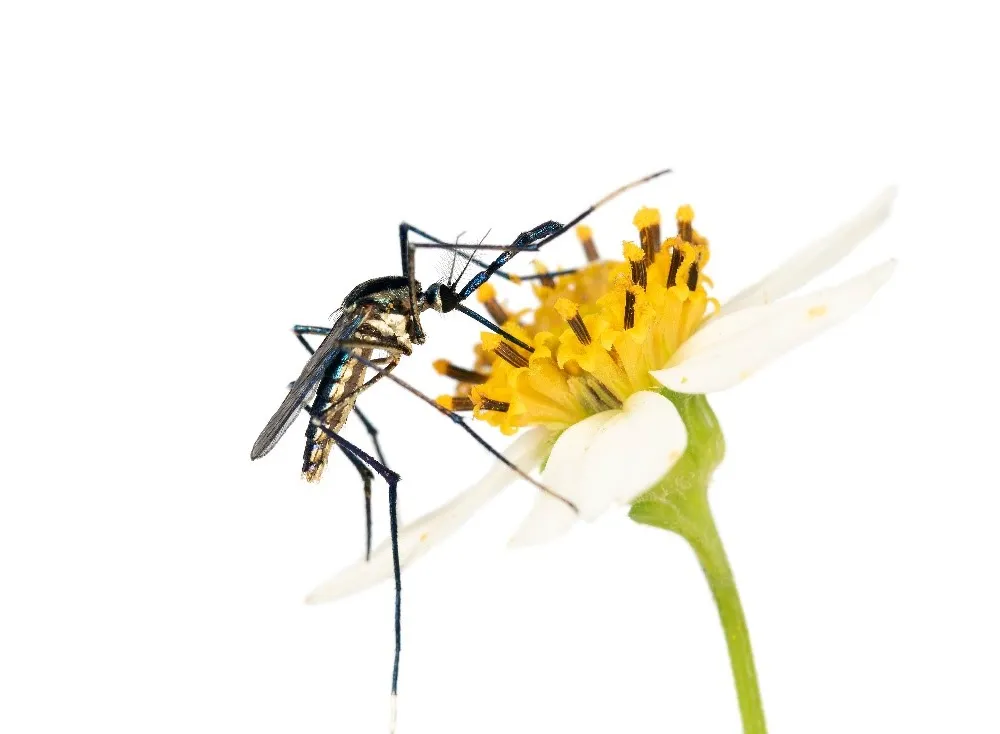The claim that the disappearance of mosquitoes would not significantly impact ecosystems is a perspective that warrants careful scrutiny. While mosquitoes might seem like nuisances to many, their ecological role extends far beyond that annoyance.
First, mosquitoes serve as a vital component of food chains in numerous ecosystems worldwide. They act as a food source for a variety of organisms, including birds, bats, fish, and other types of insects. Their removal would create a empty place in these food webs, potentially leading to  population declines or disruptions in predator-prey dynamics. Such imbalances could reflect throughout ecosystems, impacting biodiversity and stability.
population declines or disruptions in predator-prey dynamics. Such imbalances could reflect throughout ecosystems, impacting biodiversity and stability.
Moreover, mosquitoes play a role, though small, in the pollination of certain plant species. While they are not primary pollinators like bees or butterflies, some species of mosquitoes visit flowers for nectar, helping the transfer of pollen. The absence of mosquitoes could hinder the reproductive success of these plants, affecting not only plant populations but also the animals that rely on them for food and shelter.
Additionally, mosquito larvae contribute to nutrient cycling in aquatic ecosystems by feeding on organic matter and algae. Their removal could disrupt this process, leading to changes in nutrient levels in water bodies and potentially altering the overall health of these ecosystems. Furthermore, mosquitoes serve as hosts for diseases like West Nile virus, acting as a buffer against certain germs reaching humans. The elimination of mosquitoes could disrupt disease dynamics, leading to unexpected consequences in disease transmission.
While it’s true that some may argue for the benefits of eliminating mosquitoes due to their role in disease transmission, it’s essential to consider the wider ecological consequences. Even species considered pests often perform a important ecological functions. Thus, dismissing the significance of mosquitoes in ecosystems could overlook their multifaceted contributions and lead to unexpected consequences for biodiversity and ecosystem health.
In conclusion, the disappearance of mosquitoes would likely have far-reaching effects on ecosystems, from disrupting food chains and pollination to altering nutrient cycling and disease dynamics. Understanding the importance of mosquitoes in ecosystems is crucial for effective conservation and management strategies that aim to maintain the delicate balance of nature.

